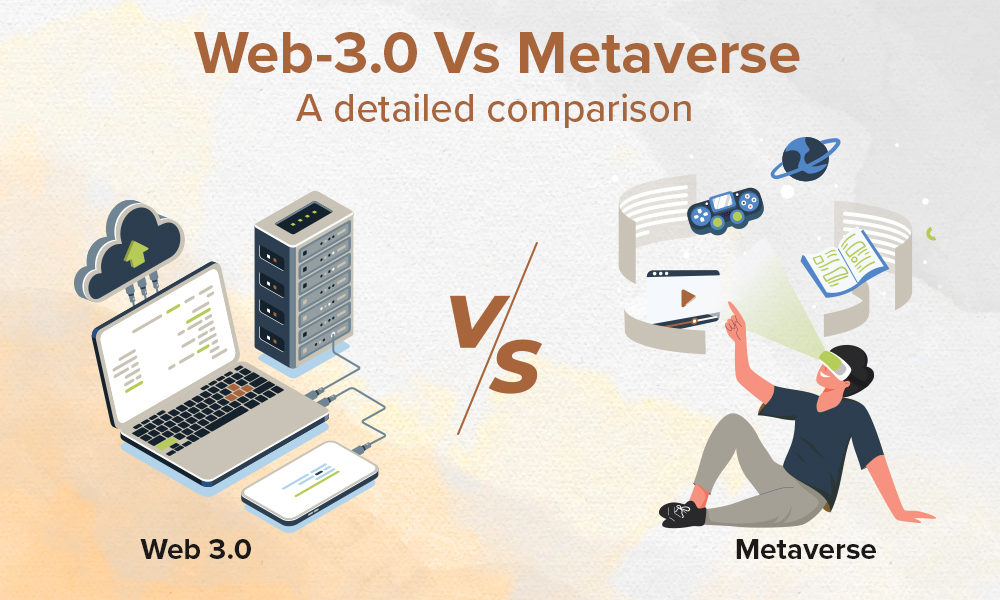The real estate market is largely dependent on intermediaries and any transaction requires time, proximity and relationships. Now try to imagine selling a house or purchase land where all you need to do is present all the necessary information, and you can be linked to potential sellers and buyers directly. Using blockchain technology both parties can further trust the transactions through a shared network.
Blockchain as an emerging technology is getting a lot of traction in several industries. With numerous variations like permissioned, permissionless, and consortium, blockchain these days is being customised to suit even a single entity’s needs and purposes.
The real estate industry may go through major transformation with blockchain technology. As the disruptive technology supports safe transactions, its characteristics can be particularly useful in real estate payments.
Moreover, with the use of blockchain, the real estate industry could put down the national barriers and become one big global industry. This is why right now many entities and also government bodies in several countries including Sweden, are working hard to change the way real estate is traded and operated.
Here’s a look at the possibilities blockchain can bring in the real estate industry:
The right of ownership: Blockchain can maintain an immutable ledger with all the information related to the property. The owner can easily be verified, and the information related to property value be accessible to buyers and third parties. Locally, it helps to remove redundant databases while internationally it could help reduce corruption and bring in the increased property options.
Smart Contract: With Ethereum blockchain introduced the concept of smart contracts to the world. Smart contracts being self-executing agreements can help to fasten the process of buying and selling properties especially in the case of international transaction. The lengthy process of the cross-border transaction, transfer, and verification of documents can be shortened with the help of smart contracts.
Larger Participation: The soaring high prices of the properties, the escrow services cost, the amount of exchange fees and taxes involved together makes it nearly impossible for a common man to invest in properties. Implementation of blockchain in the real estate industry will help remove the expenses as mentioned above and thereby significantly lowering the cost of buying properties. Moreover, with tokenization, one can invest as much as one wish and become a joint owner of a property.
Fast Transactions: The transactions in the real estate industry takes months to complete. If one wishes to purchase an international property, the time duration is likely to increase. This leads to missed investment opportunities as well as lower returns on investment. Blockchain can help reduce this time from months to minutes with cryptocurrencies.
Reduced fraud & human error: Malicious activities in real estate leads to a loss of millions of dollars every year to the world economy. Blockchain can help eradicate this issue by being an immutable and automated ledger and reduce the scope of human errors. Also, as all the transactions and records are timestamped thereby preventing anyone from altering the facts.
Blockchain as a disruptive technology brings a lot of possibilities to the world of real estate industry. And the transition wheels have already started to roll with projects like Ubiquity, ChromaWay, Lantmäteriet, Rentberry, Propy, and BeeToken. Blockchain as a technology is still in its infancy, and we believe as this disruptive technology will grow it would bring about more changes and growth in the real estate industry.

Blockchain has already started to disrupt real estate by enabling secure transactions and tokenizing properties for the ease of investment globally. Key market players are already aware of its potential and many others are exploring its use cases.
Curious about what changes have been brought by the blockchain technology and how the real estate industry has been re-shaped?



.jpg)
